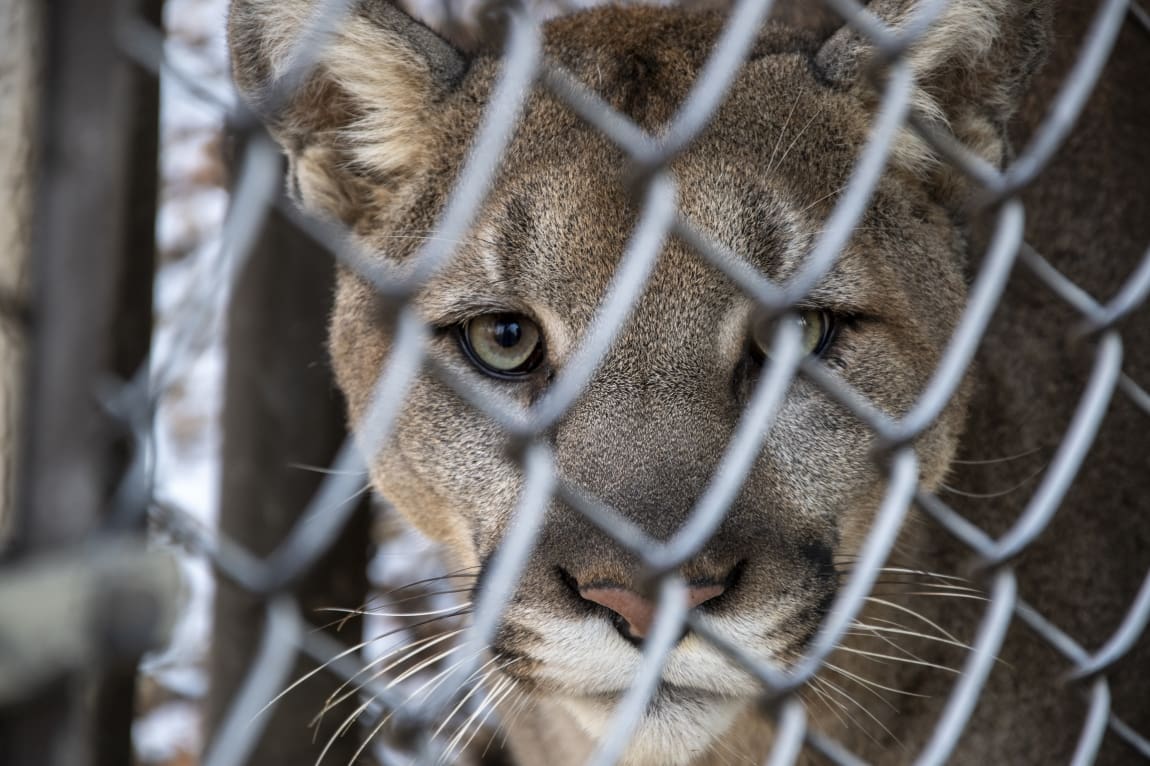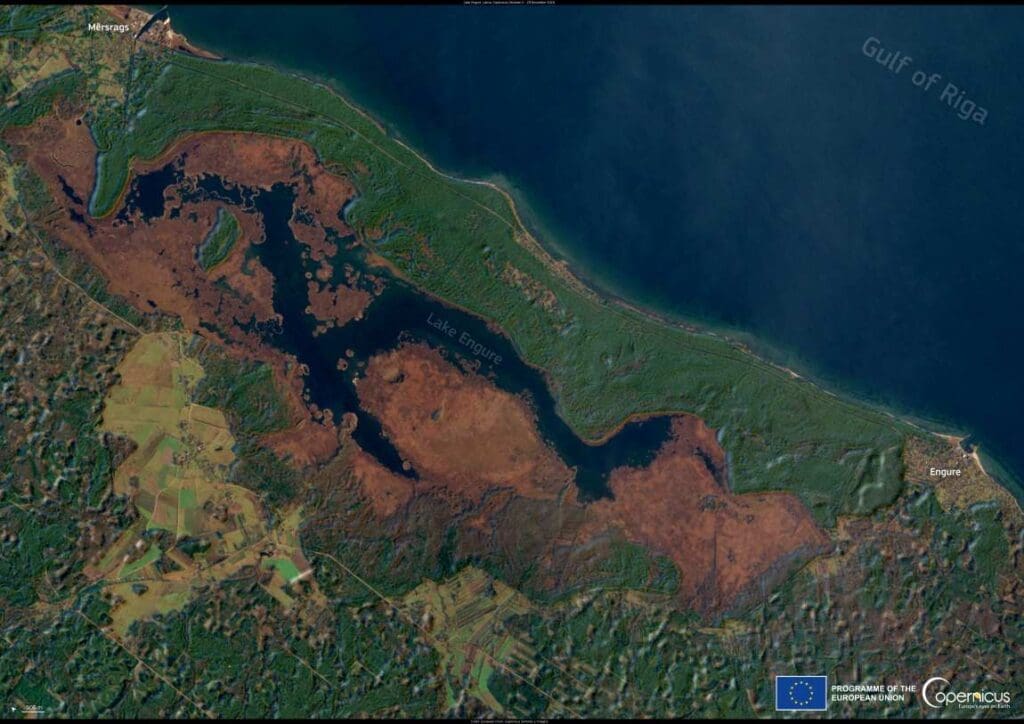Vienna, Austria (AFP) – The proportion of the global wildlife trade that is illegal has risen, the UN reported Monday, saying progress to end the crime was not on track.
Globally the intercepted illegal wildlife trade as a proportion of all wildlife trade increased from 2017 onwards, the Vienna-based United Nations Office on Drugs and Crime (UNODC) said.
“Wildlife trafficking overall has not been substantially reduced over two decades,” said the body’s third “World Wildlife Crime Report”, with around 4,000 plant and animal species impacted in countries around the world.
“The global scope and scale of wildlife crime remain substantial,” it added, calling for measures, such as more consistent enforcement and effective implementation of anti-corruption and other laws.
The proportion reached its highest levels during the Covid-19 pandemic in 2020 and 2021, when wildlife seizures made up around 1.4–1.9 percent of global wildlife trade, compared to between 0.5–1.1 per cent during the previous four years, it said.
“We’re not seeing a reduction in that proportion of illegal trade… so that’s why we’re saying it’s not on track,” researcher Steven Broad involved in the report told AFP.
But in positive news, poaching, seizure levels and market prices have “declined solidly” for “iconic” commodities from elephants and rhinoceros over the past decade, the report added.
“We have seen a sustained decline over the last 10 years, which shows that it can be done,” Broad said.
UNODC warned that wildlife trafficking can “disrupt delicate ecosystems”.
“Some of the species worse affected –- like rare orchids, succulents, reptiles, fish, birds and mammals -– receive little public attention, though wildlife trafficking appears to have played a major role in their local or global extinctions,” it noted.
The report is based on, among others, 140,000 records of wildlife seizures reported to have taken place between 2015–2021.
Corals were the most frequently seized, accounting for 16 percent of all seizures, followed by crocodilians with nine percent.
The 169-page report is the UNODC’s third report on wildlife trafficking following reports in 2016 and 2020.
bg-jza/jm
© Agence France-Presse
(Featured image credit: wirestock – Freepik.com)




